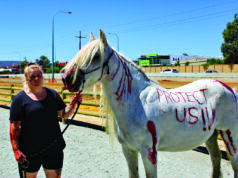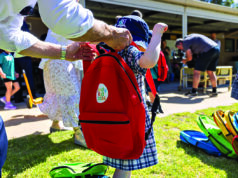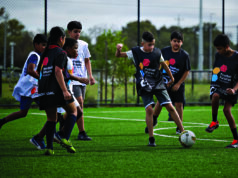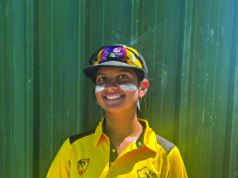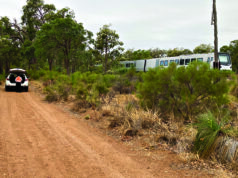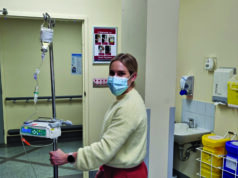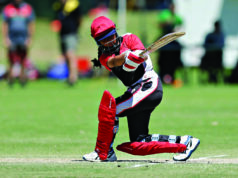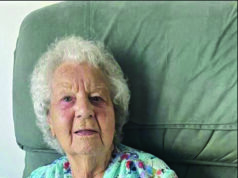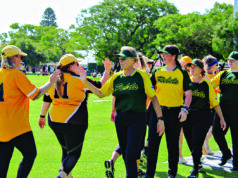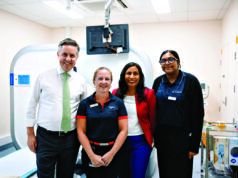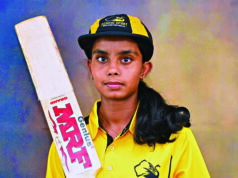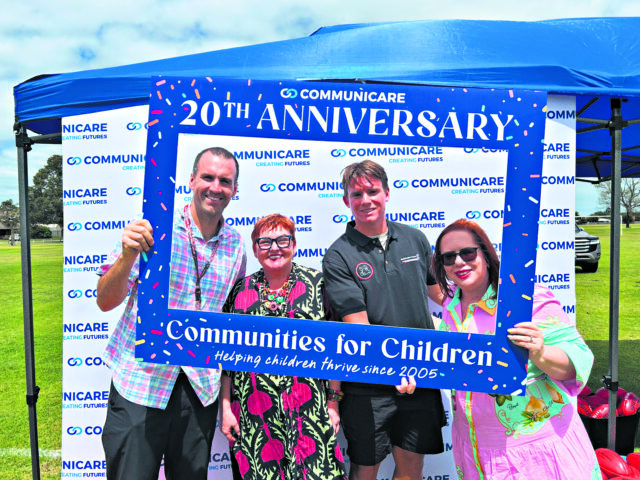
Twenty years in, Communicare’s Communities for Children Southeast Metro has been more than a program.
It’s been a helping hand and a bridge between families who want the best for their children.
Since it began, the program has reached more than 15,000 participants; around 40 percent adults and the rest children in their early and middle years.
However, its impact, organisers said, can’t be measured by numbers alone.
“It’s not just about how many people we’ve reached,” the team shared.
“It’s about how we’ve walked alongside the community to create lasting change.”
Over the years, the initiative has become known for its partnerships, from working with local not-for-profits such as Palmerston and Starick to newer collaborations with Dooga Waalitj Healing, Binar, and The Fathering Project.
By connecting families, schools, and service providers, the program has helped make local networks stronger and more responsive to community needs.
A major focus in recent years has been supporting children in the middle years, a developmental stage often overlooked in community planning.
Through partnerships like Communities of Focus and The Early Years Partnership, the team has built capacity across sectors to ensure children aged 5 to 12 are seen, supported, and given opportunities to thrive.
Listening to families has always been central to their approach. Ideas from local parents and caregivers have created initiatives such as ‘Good Enough Parenting Cards’ to spark positive conversations, ‘Celebrating Families Grants’ to empower local projects, and ‘First Nations Yarning Groups’ to strengthen culturally safe support.
Professional development has also been key, with networking sessions, training, and Communities of Practice bringing together educators, support workers, and carers to learn from one another.
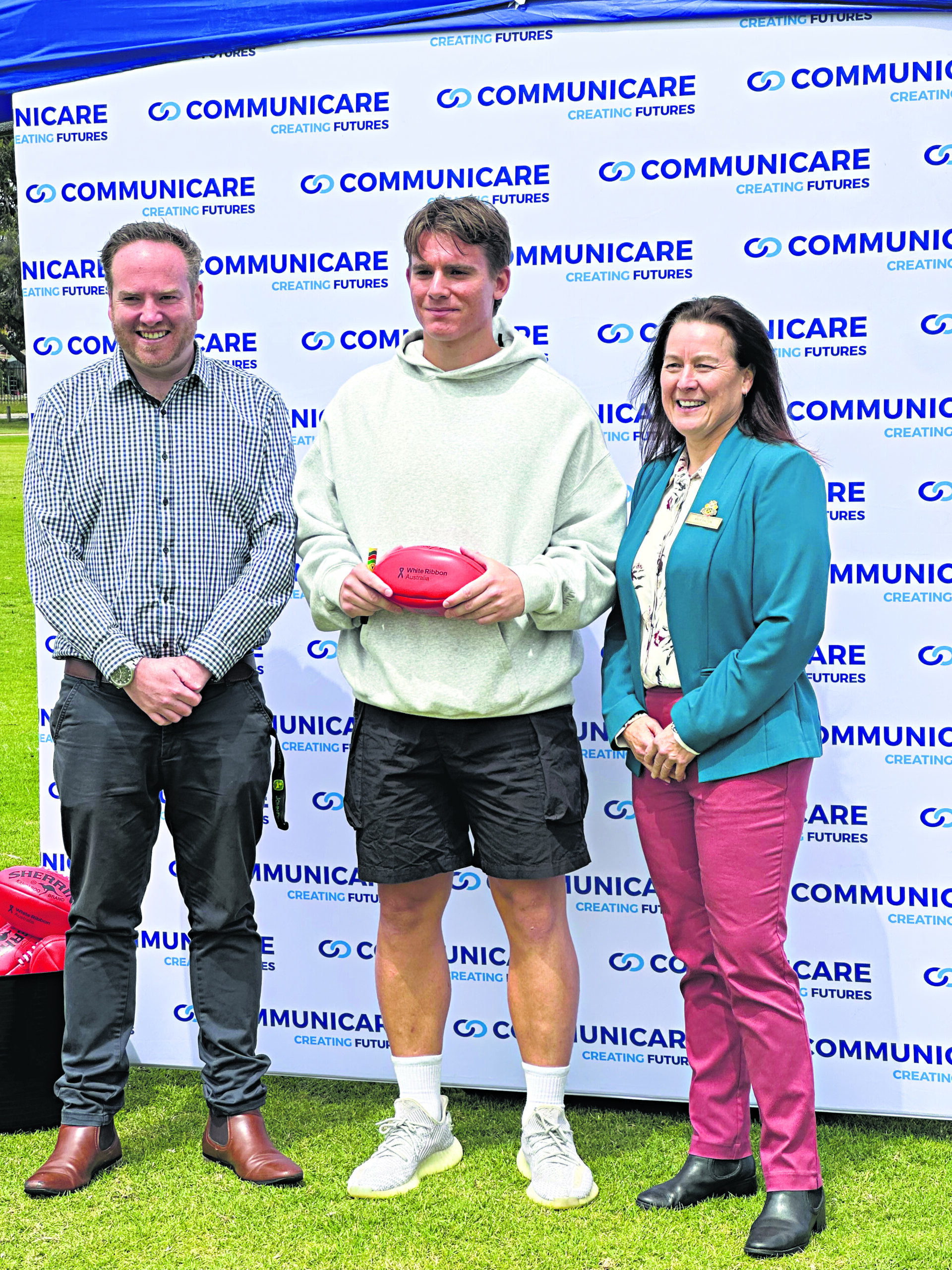

The program’s evolution has been guided by constant community feedback. In 2022 and 2023, ‘Community Yarns’ invited local families to share experiences that now inform service delivery for First Nations communities.
A ‘Lived Experience Framework’ has since been developed, with a First Nations representative joining the CfC Committee to help embed community voices in governance.
Moving forward, the next funding period will see new and creative engagement strategies rolled out; from ‘Soup Pitch Nights’ where people share ideas over soup, to a ‘Community Roadshow’ that brings conversations directly to neighbourhoods.
A visual “Communi-tree” will also capture feedback from both young people and adults in an interactive way.
The team’s approach to reconciliation starts with listening.
By partnering with Aboriginal-led organisations, they aim to create spaces where culture is respected, voices are heard, and families feel safe and supported.
“This milestone is a celebration of the passion, compassion, and resilience of our community,” the team said. “Our role is not to fix communities, but to champion their strengths and offer support when needed.”
For those involved over the past 20 years, including staff, volunteers, families and children, the anniversary is both a reflection and a renewal.
“We look forward to the day when Communities for Children is no longer needed because communities are thriving on their own.
Until then, we remain committed to walking alongside them.”


